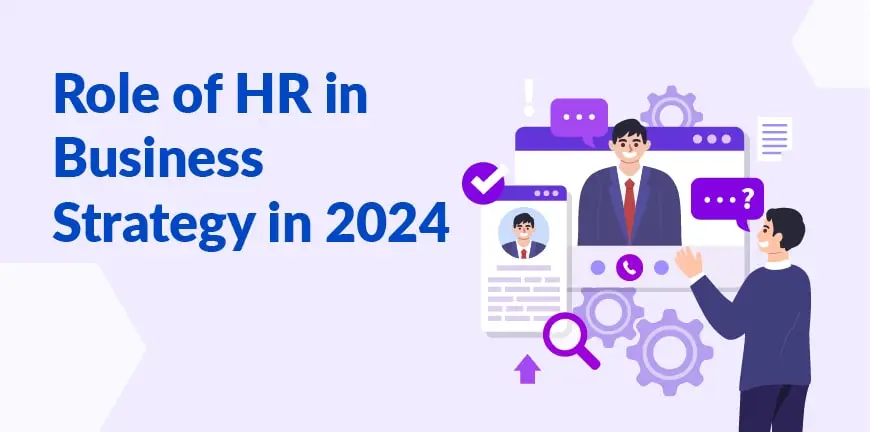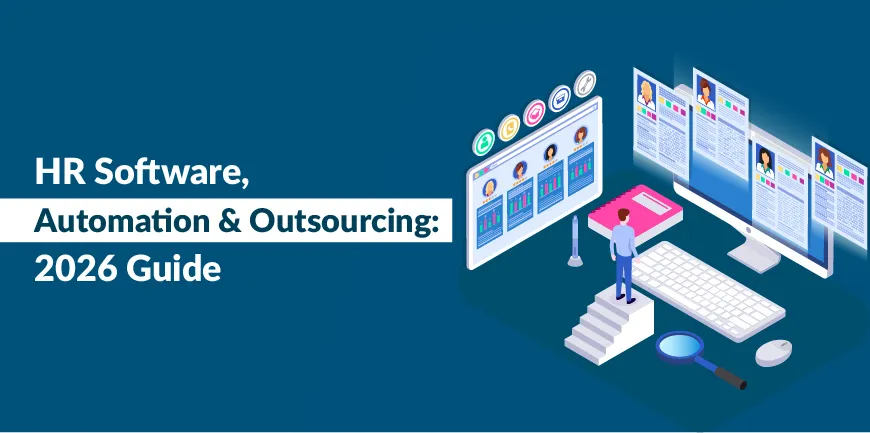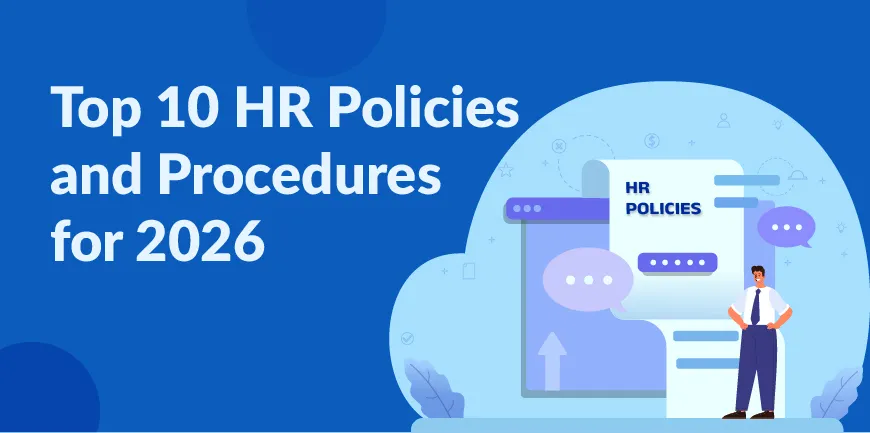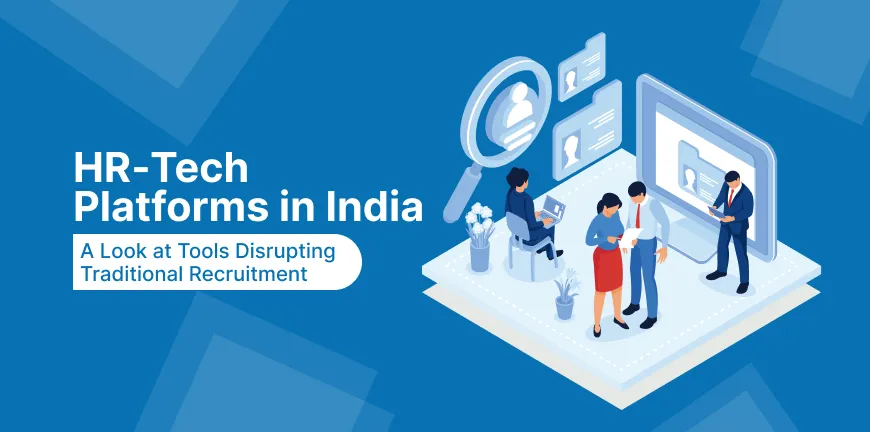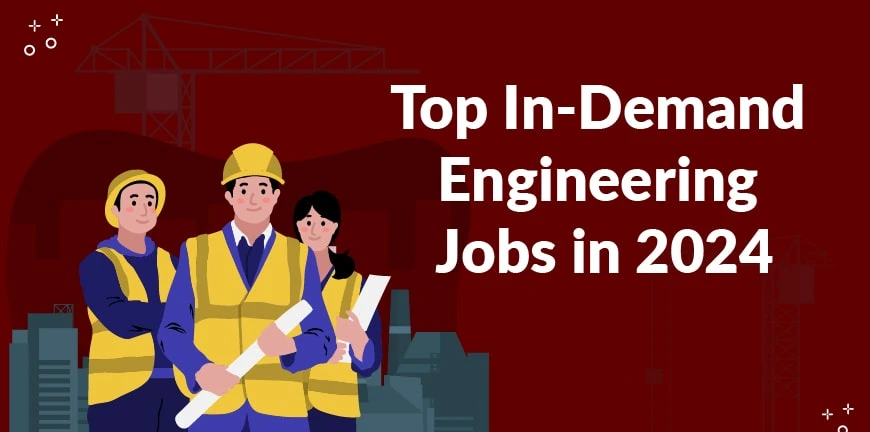
Top In-Demand Engineering Jobs in 2024
16/09/2024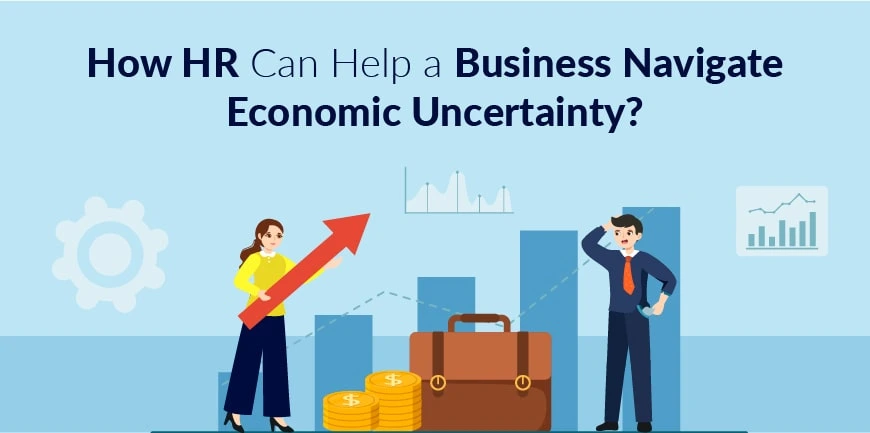
How HR Can Help a Business Navigate Economic Uncertainty?
20/09/2024What perspective should HR take? A people-focused perspective, as it was in the good old days when analytics wasn’t so advanced so that numbers could play a big role or a numbers-focused outlook, with a data analyst to crunch numbers and decide how talent acquisition or workforce management must happen. Our intention was not to open a can of worms here, but this is definitely food for thought (pun not intended).
Whether we want to accept it or not, the role of HR in business strategy has changed. Many companies now deem it fit to take the help of AI or Big Data in recruitment, and they cannot be blamed. There are several benefits to this approach. AI can go through long lists of candidates and identify the best candidates based on keywords, can help with generating better job descriptions and even suggest techniques to optimize your rusty looking careers page.
But where is the human approach here? Is it getting lost? Companies have come to the realization that both a ‘people’ and ‘numbers’ approach takes you to the winning goal. Be calculated and single-minded in your approach but leave enough room to bend to incorporate the human element, especially when it comes to candidate experience. Bending the kick like Beckham or Messi is not something everyone can do, but that is what you are expected to do as HR today. Flexibility is key.
Here are some ways we think the role of HR in business strategy will change.
1. Data-Driven Decision Making
Powered by AI, HR will make use of people analytics, sifting through employee data, their preferences, personal information, attendance, and their performance to arrive at strategies to enhance employee engagement, prevent attrition and improve the benefits provided to employees. Data could also play a crucial role in understanding employee attitudes and attrition and possible routes for upskilling and internal mobility.
2. Focus on Employee Experience
Employees will have dedicated points of contact within the HR team for each issue type and they will be able to connect with them in person or through chat. These members will also connect with employee resource groups, coordinating their efforts towards addressing employee concerns. Please note that a better employee experience does not immediately translate to higher employee productivity. The productivity improvement that has happened in the recent past is due to optimizations in the process. Can it also come from better employee experience now, driven by AI insights? This is something to ponder on.
3. Talent Acquisition and Retention
HR will take steps to retain employees who are performing well and contributing to the company’s ROI. Employee ROI, an important metric for HR in 2024, is a measure of each employee’s contribution to the company also considering the employment cost. This will also be considered when they want to give appraisals to employees. It is quite likely that AI will play a huge role in assessing the workforce at large or even the performance of teams in the future.
4. Diversity, Equity, and Inclusion (DEI) and Sustainability
Gen-Z prioritizing DEI and the outperforming of non-diverse workforces by more diverse ones has prompted HR in several companies to accommodate the needs of different ethnic groups, if not to improve the employee experience at least to ensure that the organization continues to benefit from it. DEI is no longer an afterthought. The same is true for sustainability as well. Many companies have launched sustainability initiatives. An example is Nestle supporting intercropping to improve soil fertility and sustain climate-resilient supply lines. Can Generative AI help with suggesting suitable sustainability programs too?
5. Leadership Development
If organizations are likened to ships sailing the seas, then the leader stands at the helm encouraging the crew to labor through the changing tides and storms. A leader stands his ground in times of uncertainty. But leaders need training too, and companies will be taking the help of HR consulting firms to not only upskill their workforce but train their leaders too, by enrolling them in leadership development programs. Design thinking and customer-first principles could play a crucial role in leadership training.
HR Wants the Best of Both Worlds to Work
HR will continue to perform administrative duties with as much diligence as it has in the past, but it will also have a greater focus on strategic planning and workforce development. HR has been a people practice for long, and this will continue, but AI and numbers will become increasingly important. This is how HR has evolved so far in 2024 and will continue to do so in the next year too. Are you looking for an HR consulting partner?
Contact Us For Business Enquiry

Rajkumar Shanmugam
Rajkumar Shanmugam is the Head of HR at ALP Consulting, bringing over 19 years of comprehensive HR leadership experience across India and international markets. His expertise spans talent acquisition, employee relations, performance management, compliance, and HR transformation. Rajkumar has a proven track record of driving people-centric initiatives, enhancing workplace culture, and aligning HR strategy with business goals. With extensive experience in US staffing operations and global mobility, he continues to lead organizational excellence through innovation and employee engagement.

